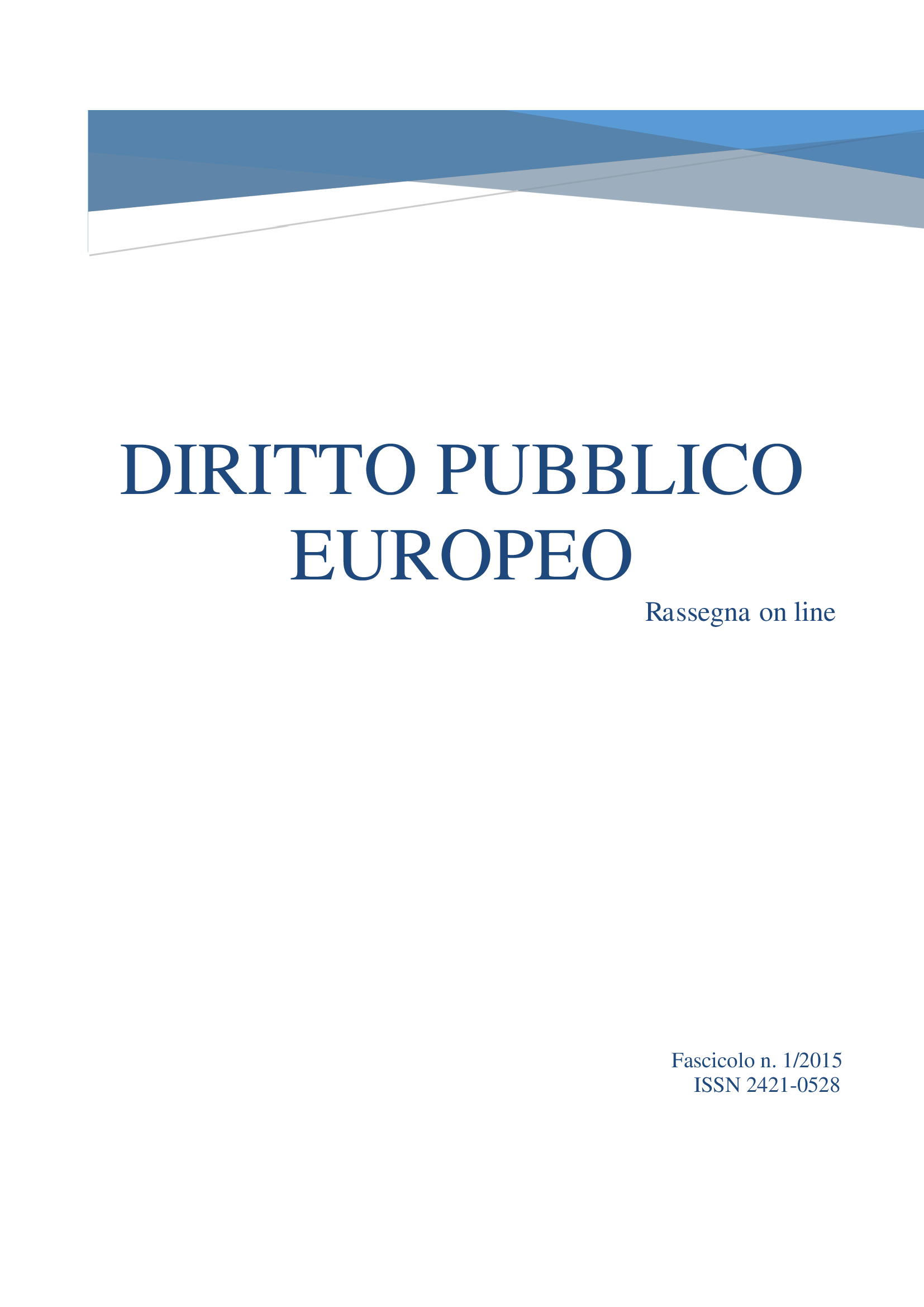Prolegomeni in tema di sviluppo economico e principio personalista tra Costituzione repubblicana e "dottrina sociale della Chiesa"
DOI:
https://doi.org/10.6092/2421-0528/6456Abstract
The failure of economic models “super”capitalist (or new-com) and collectivist responds not only to endogenous reasons to the unraveling of the economic power but also to the decline of the anthropological conceptions to which they were anchored, incompatible with the full and integral development of the human being.
According to this, the return into the roots of the contents of the Republican Constitution’s values represents a safe wading into the waves of the economic and social contingency of the latest times of crisis.
Returning to the enhancement of the personalist, labourist, solidarist principles and that of subsidiarity in the horizontal way would help to grasp new opportunities in economic items not necessarily antithetical to the traditional ones but certainly full of new acknowledgments to push paradigms in order to achieve well-being and happiness of the human being different from the dominant ones.
In this sense, the promotion of an economy of reciprocity, also declined in the reciprocity of gift or agape (with its corollaries of “quality competition” instead of “price competition”, the “intrinsic rewards” instead of “extrinsic rewards” and “relational goods” instead of “positional goods”) could be seriously investigated not just because it is compatible with the (and perhaps even presupposed by) structure of the fundamental principles of the italian Constitution but also because of its foundation in a more universal message: the social doctrine of the Church. Italian Constitution and social doctrine of the Church should not, therefore, be intended as sterile parallel tracks but as communicating vessels united by the common goal of the centrality of the human being.


